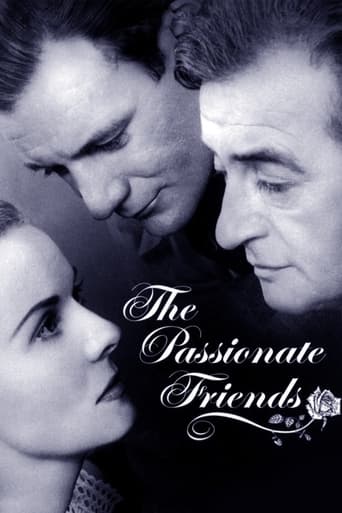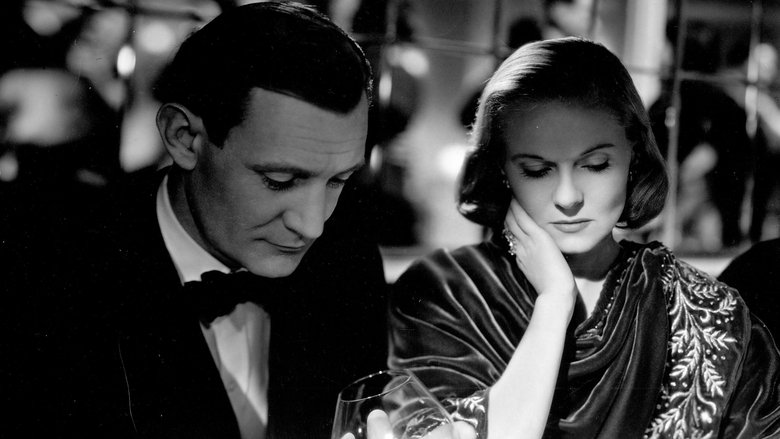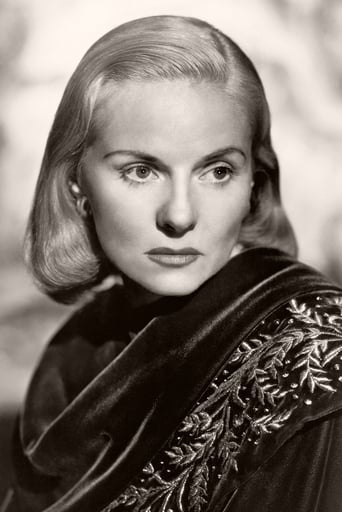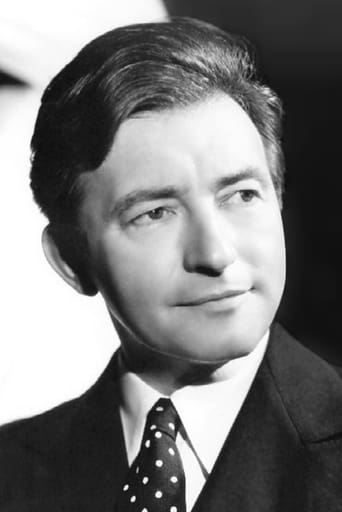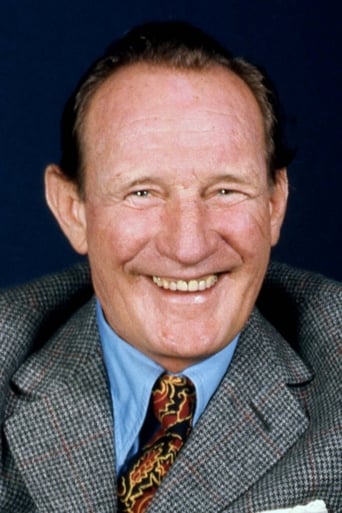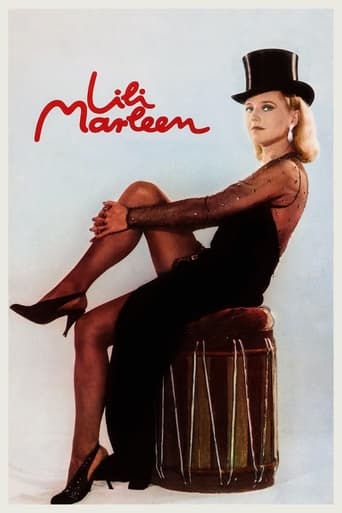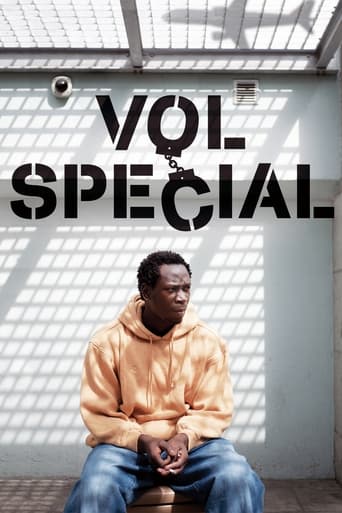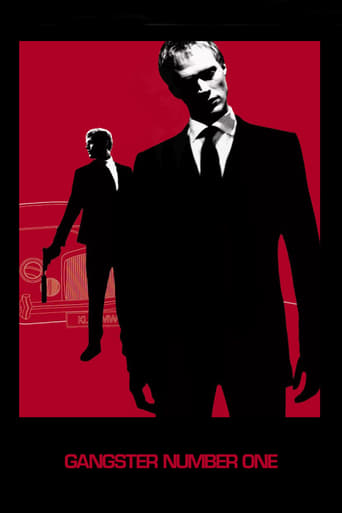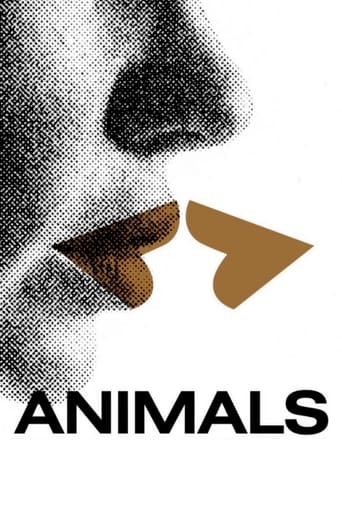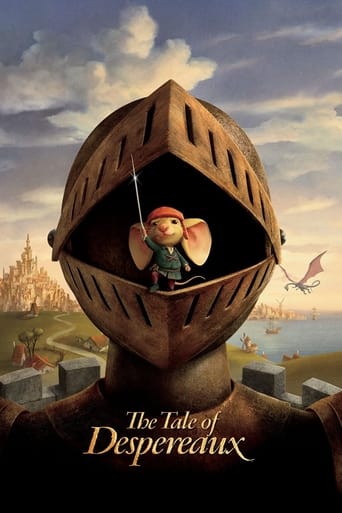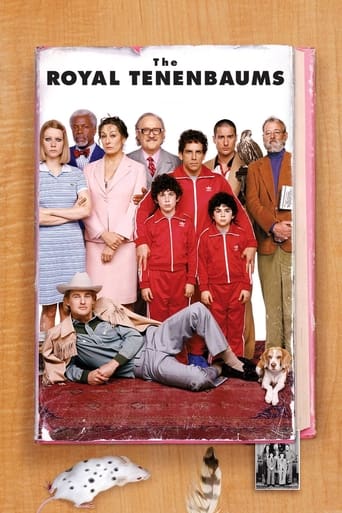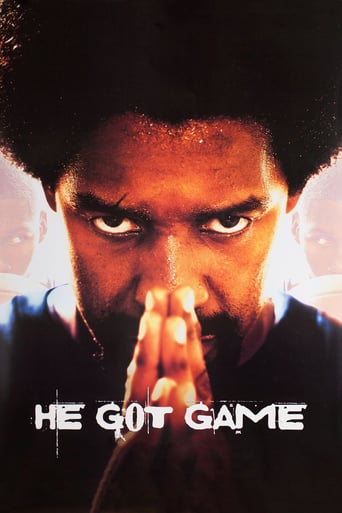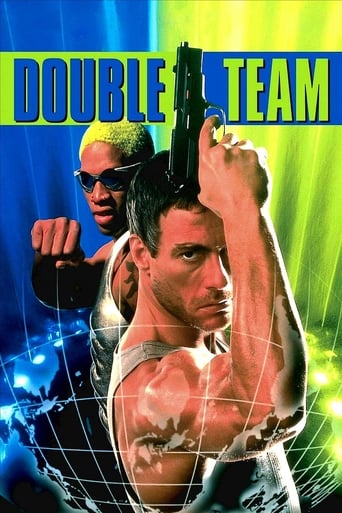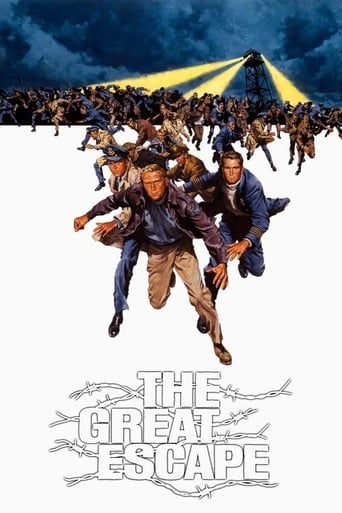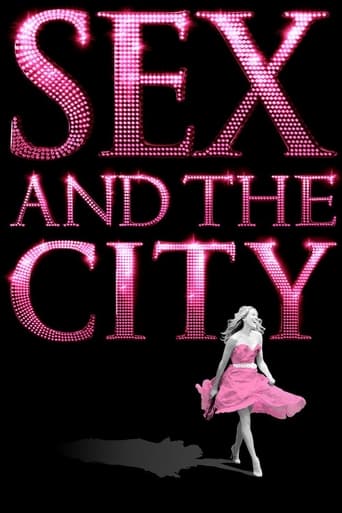The Passionate Friends (1949)
A woman is torn between the love of her life, who is married to someone else, and her older husband.
Watch Trailer
Cast


Similar titles
Reviews
How sad is this?
This is a coming of age storyline that you've seen in one form or another for decades. It takes a truly unique voice to make yet another one worth watching.
Blistering performances.
A terrific literary drama and character piece that shows how the process of creating art can be seen differently by those doing it and those looking at it from the outside.
I'm not a big fan of older British films, with a main reason being that the pace is often so slow as compared to American films. That is somewhat true here, but this movie is so beautifully filmed (naturally, David Lean directs) that I could overlook a somewhat slower pace. I suppose that Americans might also think it odd that the romantic lead -- Trevor Howard -- isn't a man we would tend to cast in such a role; he is decidedly not handsome; but, he is a fine actor.The story isn't that different from many such stories -- a romantic triangle featuring an ex-lover (Trevor Howard) and a husband (Claude Rains) involved with a woman who can't quite make up her mind (Ann Todd).In re Ann Todd, for some reason while watching this film I kept thinking that she was an everyday Grace Kelly. Okay, I know that's odd, but she was quite attractive, an excellent actress, and this role reminded me of one that you might found Kelly in. I am glad it was Todd! I've always admired Claude Rains, and I wonder if this may not have been his finest role. If not, he certainly has some superb scenes! Trevor Howard...well, I think of him as the British version of "old reliable"...and he certainly is here.We expect a lot from David Lean, and he always seems to deliver. As I said, it's not that this story is that different from many other romantic triangle stories, but Lean's direction sets it a high step above the rest.And as an extra bonus, there's some wonderful filming done on location, as well as back-screen shooting that is virtually flawless. I did laugh at one location shot in London where there is a man clearly gawking at the filming, but it's about the only flaw in the picture.I'm giving this film something I rarely give -- an "8".
since the reviews differ from the movie I saw.I was on holiday and while channel-surfing found this movie already in progress. (I came in before Todd and Howard's affair was discovered by Rains.) The reason I think there's a second version of this film is because the majority of the reviews harp on the "innocence" of the lovers' third encounter. Their meeting was both accidental AND intentional. Mary Justin discovers her old lover and stares at him until he notices her. They then take off for the day by themselves (a REALLY bad decision if you must later try to convince your spouse that "nothing happened.") Upon their return, Justin's husband observes his wife's lover sneak out of the hotel and her passionate farewell to him. Technically the lovers did not commit adultery (as far as we know) but EMOTIONALLY they both are guilty of committing an act they know to be wrong (otherwise, why do they hide it?).Further, Stephen Stratton is not QUITE the put-upon innocent some would have you believe. He spends hours with Mary Justin without EVER mentioning he is married and has children -- a fact Mary is shocked to discover when she catches up to him at the train station where he is served the bill of divorcement.All in all, this is a fine depiction of some of the intricacies of love and relationships as performed by three wonderful actors.
This film is one of the highest peaks of David Lean's achievement as a director, and possibly it owes something to the fact that he married its star Ann Todd in the same year, which may have helped him elicit her supernaturally radiant performance. Four years earlier, Lean had made 'Brief Encounter', but this film, again with Trevor Howard as the romantic male lead, far exceeds the earlier work in subtlety and genius. Every frame is lovingly composed, and the film is a cinematic masterpiece which can stand beside any Visconti work for comparison. Three future directors worked on the film: Ronnie Neame as producer, Guy Green as Cinematographer, Clive Donner as an editor. There were three editors, and whoever was responsible for it, the final editing is a work of the highest genius. The cinematography by Guy Green and camera operating by Ossie Morris are as good as they get. Everything combined to make this film a triumph and a true work of art. The three stars, Trevor Howard, Ann Todd, and Claude Rains, all excel themselves as they enact this intimate study of a love trio, as if we were standing invisibly beside them and could see it happening, without their being aware of our presence. The tale is drawn from a novel by H. G. Wells. The novel was made into a silent film in 1922 by the famous British director, Maurice Elvey, but it is doubtful that a print of it survives, and I have never heard of anyone who ever saw it. Eric Ambler wrote the screenplay for the Lean version, with immense subtlety. The only one of the three main characters who does not have a major character flaw is Trevor Howard, who is the unfortunate emotional victim of the other two. Ann Todd's character flaw is like an invisible crack in a Ming vase: you can't see it, but the value is immeasurably lowered, as she keeps trying to warn Howard, who cannot believe it: 'My love is not worth much,' she says, and he does not hear her. She has running through her the most abject streak of cowardice, nearly impossible to detect except in extremis, but which reduces her to the status of what one would find for sale at a discount in a cracked china shop. (There used to be such a shop in the King's Road in Chelsea.) Ann Todd shines and is deeply loving and 'true', but repeatedly collapses at the crucial moment and betrays herself every time. This film should really be shown to psychology students (that is, if they could stop studying rats and take an interest in humans). Claude Rains's character flaw is a total denial of love and feeling, as he is convinced he can live without them, that they are unnecessary indulgence. Well, you can imagine the complications. Or perhaps you can't. Better to see the film. In fact, everyone should see this film who has any sensitivity, while those without sensitivity should avoid it, as they will not understand a single thing. What is evanescent is invisible to those with dull inner sight. Psychologically speaking, we have here the intricate elucidation of an invisible character flaw in a woman who appears perfectly normal, warm, glowing, and delightful. Ann Todd's performance is perfectly judged, as it is the very invisibility of her flaw that provides the emotional shock value for the film, and its importance as a lesson to us in human imperfections.
David Lean's criminally underseen THE PASSIONATE FRIENDS has often been hastily dismissed as a weak "sequel" to his earlier masterpiece BRIEF ENCOUNTER. It's not. While it isn't the classic BRIEF ENCOUNTER is (not many films are), it has much to recommend. And it's not a sequel at all. Yes, it does deal with the same central theme of BRIEF ENCOUNTER (a married woman having an affair), and is a follow-up in the sense that the couple meet again years later, but the characters are entirely different. The film is told in a non-linear fashion, with lots of flashing forwards and backwards (it works well, yet is occasionally distracting). The plot basically is this: beautiful Mary (cool blonde Ann Todd, who had scored a huge hit with THE SEVENTH VEIL four years later and had recently married Lean) is in love with a young student Stephen (Trevor Howard), yet marries Claude Rains. Stephen and Mary drift into an affair after her marriage, and they are found out by an enraged (yet off-camera) Claude Rains. Years pass, and Todd, still the dutiful, notably childless wife of Rains, runs into Howard while they are both holidaying. The encounter is entirely innocent, yet Rains again finds out and assumes the pair are re-starting something that is now dead (Howard has since married, and had children). All this almost ends in tragedy, as Rains discovers how much Todd really does mean to him. Todd's somewhat detached screen presence works well for her character. The film is adapted from a short story by H.G Wells that explores an emancipated, beautiful young woman who rejects passion in favour of security. A poignant and telling scene between Howard and Todd early in the picture displays this notion- Howard:If two people love each other, they want to belong to each other. Todd: I want to belong to myself Howard: Then your life will be a failure Todd's marriage to Rains is a union of convenience. She can have the finer things in life she is accustomed to, she has the freedom to do as she pleases, and she's secure. Rains seems happy with this arrangement, telling himself that his love for her is also without true passion, until the crucial, revealing final scenes. These scenes constitute some of Rain's finest emotional work on film, as he spits at Ann Todd that she has treated him with all the kindness "that she would treat a dog". Rains comes to realise that his love for Mary is indeed "of the romantic kind", the same love that he denounces to Howard earlier in the picture. However, Todd, trance-like and thinking she has ruined several lives (potentially breaking up Howard's marriage, and also her own), walks to the train station and tries to commit suicide, ANNA KARENINA-like (she gets her own Garbo moment!). Rains, having followed her, pulls her back and takes her back home with him. While not a comforting ending, it seems to fit the picture well . As I said earlier, Rains is excellent, and this is one of his best performances. Unfortunately audiences tend to take the wonderful Trevor Howard for granted, and he is always an assured presence. Todd's beauty seems to be worshiped by husband Lean who gives her plenty of exquisite close-ups. As with THE SEVENTH VEIL, Todd is asked to carry much of the narrative weight of the film (the flashbacks and so forth), yet she works well and is particularly effective in a painfully bittersweet scene in which she imagines Howard as her husband, taking her into her arms, instead of Rains.

